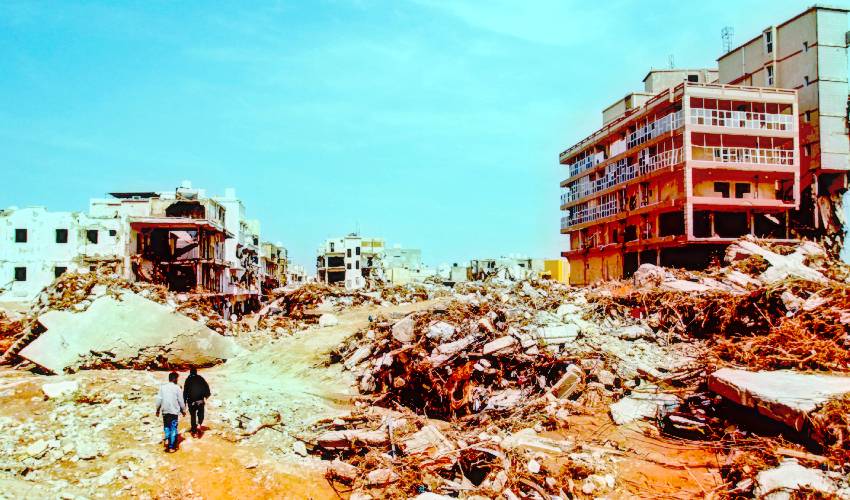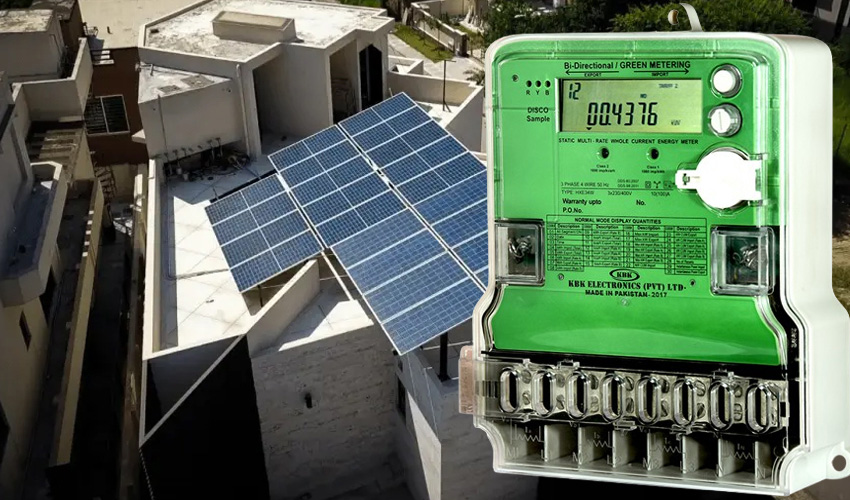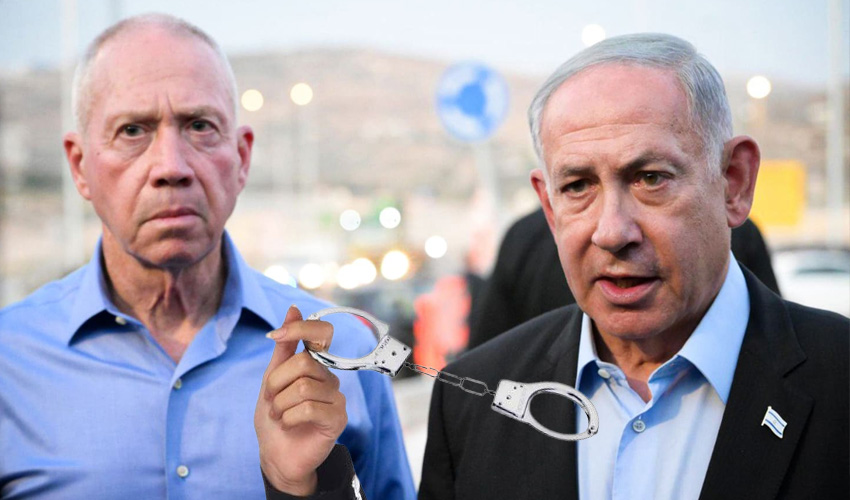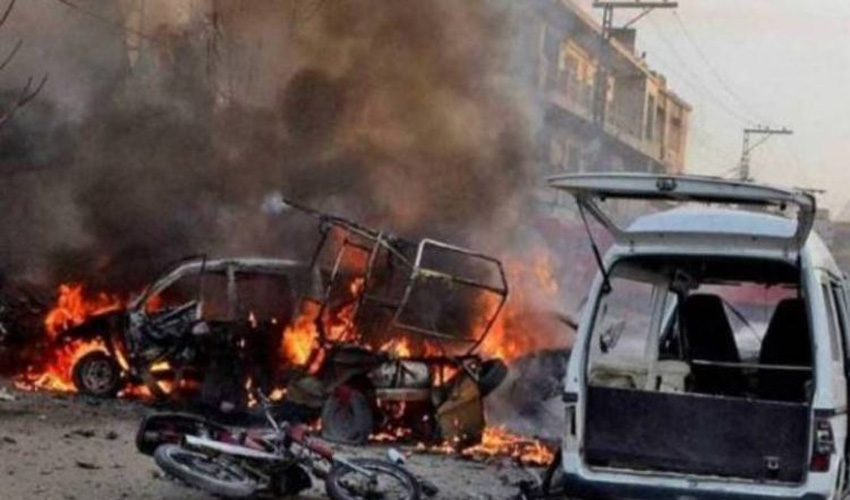Heavy floods in eastern Libya caused by Storm Daniel has had a devastating effect. It left a trail of destruction that will be difficult to repair in the midst of the country's political instability.
The death toll in Derna alone had reached 3,000 by Tuesday, according to the administration. It also estimated that some 10,000 people are missing.
The International Federation of Red Cross and Red Crescent Societies also said the number of people missing was nearing 10,000.
The Libyan Red Crescent said it has recorded 2,084 deaths.
How it happened?
The flooding was caused by heavy rainfall that began on Sunday and continued through Monday.
The storm hit the cities of Benghazi, Susa, Bayda and al-Marj, among others, but the port city of Derna bore the brunt.
The flooding was so severe that it caused two dams upstream from Derna to burst, releasing huge volumes of water that raced down the valley and engulfed the area.
The water levels rose as high as 3 meters (10 feet), destroying roads, bridges, and entire neighbourhoods.
Challenges
The flooding has also caused widespread damage to infrastructure, including power lines, water mains, and sewage systems.
The roads to Derna are largely impassable, making it difficult for aid workers to reach the affected areas.
The flooding has had a devastating impact on the people of Derna. Many have lost their homes, their belongings, and even their loved ones.
The health minister, Othman Abduljaleel, said many more bodies are still under the rubble in Derna's neighbourhoods or have been washed away to the sea.
The government of Libya has declared a state of emergency in Derna and other affected areas.
The Tripoli government has said it will use the resources at its disposal to help the affected people, but the challenges are immense.
The flooding has come at a time when Libya is already struggling to recover from years of civil war. The country is divided between two rival governments, each with its own military forces.
The flooding has further complicated the situation, making it difficult for the two sides to cooperate.
The international community has also pledged its support to the people of Libya. Several countries, including Algeria, Egypt, Iran, Tunisia, Turkey, and the United Arab Emirates, have said they are ready to send humanitarian assistance



























